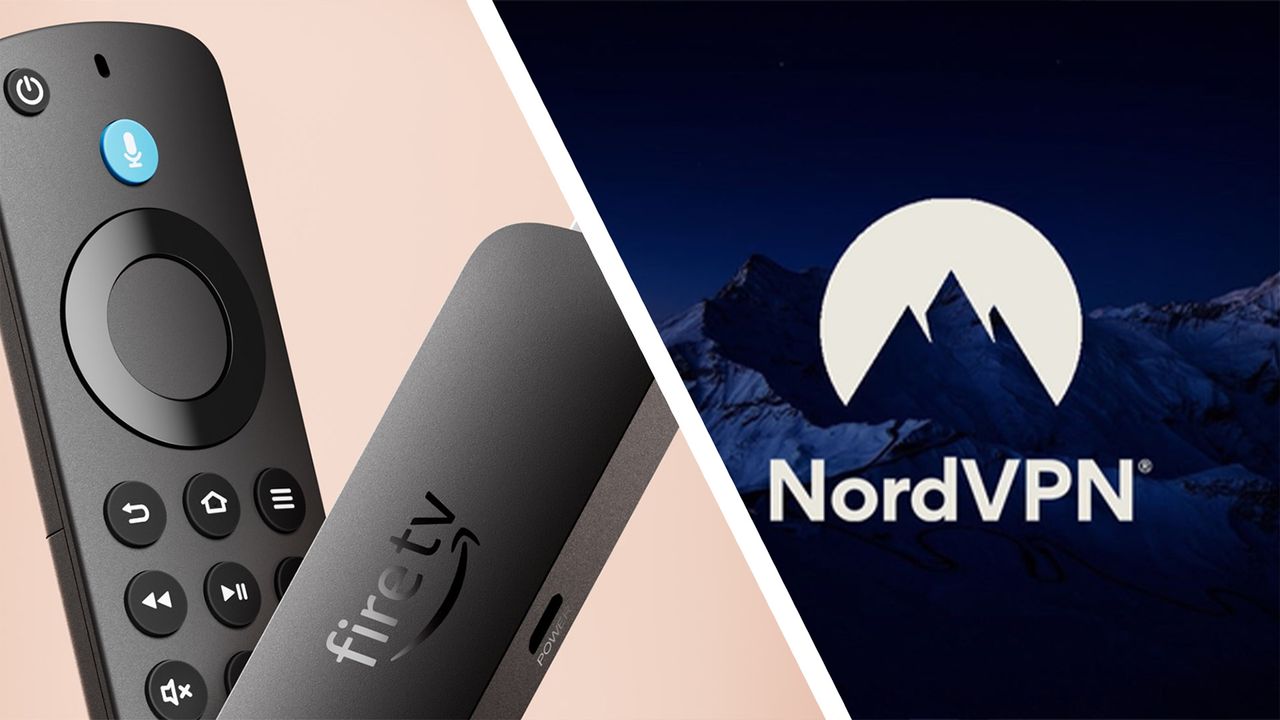 As a species, we’re very stressed. It’s partly thanks to modern life, but also due to our own biology. Two researchers say that we’re more suited to being in natural spaces, not built-up cities – well, at least that is their conclusion in a new study. The researchers pulled together evidence suggesting that our biological evolution is being outpaced by rapid technological and environmental transformations. (Picture: Getty)
As a species, we’re very stressed. It’s partly thanks to modern life, but also due to our own biology. Two researchers say that we’re more suited to being in natural spaces, not built-up cities – well, at least that is their conclusion in a new study. The researchers pulled together evidence suggesting that our biological evolution is being outpaced by rapid technological and environmental transformations. (Picture: Getty)
 Two evolutionary anthropologists, Colin Shaw from the University of Zurich in Switzerland and Daniel Longman from Loughborough University in the UK, say that our daily lives are filled with triggers that put us slightly on edge – from too many emails to construction noises outside your bedroom window. As a result our bodies are constantly on alert, which is something they say has not been the case for much of human history. (Picture: Getty)
Two evolutionary anthropologists, Colin Shaw from the University of Zurich in Switzerland and Daniel Longman from Loughborough University in the UK, say that our daily lives are filled with triggers that put us slightly on edge – from too many emails to construction noises outside your bedroom window. As a result our bodies are constantly on alert, which is something they say has not been the case for much of human history. (Picture: Getty)
 Dr Shaw said: ‘In our ancestral state, we were well-adapted to deal with acute stress to evade or confront predators. Fight or flight. The lion would come around occasionally, and you had to be ready to defend yourself – or run. The key is that the lion goes away again. Such an all-out effort guaranteed survival, but it was very costly and required lengthy recovery.’ (Picture: Getty)
Dr Shaw said: ‘In our ancestral state, we were well-adapted to deal with acute stress to evade or confront predators. Fight or flight. The lion would come around occasionally, and you had to be ready to defend yourself – or run. The key is that the lion goes away again. Such an all-out effort guaranteed survival, but it was very costly and required lengthy recovery.’ (Picture: Getty)
 These stress levels are said to be causing issues throughout the body, including cognitive decline, autoimmune diseases, and falling fertility rates. The study reviewed evidence of poorer fitness in urban areas, links between air pollution and brain damage, and associations between an inferior immune system and industrialised environments. With stressors from artificial light to microplastic exposure – combined with more sedentary lifestyles — our health is becoming more and more damaged. (Picture: Getty)
These stress levels are said to be causing issues throughout the body, including cognitive decline, autoimmune diseases, and falling fertility rates. The study reviewed evidence of poorer fitness in urban areas, links between air pollution and brain damage, and associations between an inferior immune system and industrialised environments. With stressors from artificial light to microplastic exposure – combined with more sedentary lifestyles — our health is becoming more and more damaged. (Picture: Getty)
 Dr Shaw says: ‘Our body reacts as though all these stressors were lions. Whether it’s a difficult discussion with your partner or your boss, or traffic noise, your stress response system is still pretty much the same as if you were facing lion after lion after lion. As a result, you have this very powerful response from your nervous system, but no comedown.’ (Picture: Getty)
Dr Shaw says: ‘Our body reacts as though all these stressors were lions. Whether it’s a difficult discussion with your partner or your boss, or traffic noise, your stress response system is still pretty much the same as if you were facing lion after lion after lion. As a result, you have this very powerful response from your nervous system, but no comedown.’ (Picture: Getty)
 The paper is essentially a rundown of everything researchers have discovered so far about the potential downsides of our 21st-century lives and environments. It says that although we have made many advancements, and even managed to reach the stars, as a species we are more anxious and depressed than our ancestors. (Picture: Getty)
The paper is essentially a rundown of everything researchers have discovered so far about the potential downsides of our 21st-century lives and environments. It says that although we have made many advancements, and even managed to reach the stars, as a species we are more anxious and depressed than our ancestors. (Picture: Getty)
 So what can we do? Dr Shaw says: ‘From an evolutionary perspective, if people are dying from chronic stress or stress-related diseases, you could say that this is natural selection taking place. If you let that go on for hundreds of generations, people would probably become better able to deal with chronic stress. However, studies have shown that spending time in nature – or even just looking at photos of nature – can improve physical and mental health, so outdoors is where we want to be.' (Picture: Getty)
So what can we do? Dr Shaw says: ‘From an evolutionary perspective, if people are dying from chronic stress or stress-related diseases, you could say that this is natural selection taking place. If you let that go on for hundreds of generations, people would probably become better able to deal with chronic stress. However, studies have shown that spending time in nature – or even just looking at photos of nature – can improve physical and mental health, so outdoors is where we want to be.' (Picture: Getty)
 Back Back
Next GalleryNext Gallery
Back Back
Start
Start
Next
Next
Back Back
Next GalleryNext Gallery
Back Back
Start
Start
Next
Next
More Trending
-
Play Video

Amazon issues warning to all 300,000,000 customers not to fall for these five attacks
Channel: Tech Tech 22 hours ago By Jen Mills - Griefbots are 'helping people stay connected with loved ones who have died'
- Full list of areas in the UK targeted in ‘dodgy’ Fire TV stick crackdown
- Is our 'alien' comet now targeting Jupiter? Harvard scientist lists 13 'anomalies'
Stay on top of the headlines with daily email updates.
Email I agree to receive newsletters from Metro I agree to receive newsletters from Metro Sign UpSign UpThis site is protected by reCAPTCHA and the Google Privacy Policy and Terms of Service apply. Your information will be used in line with our Privacy Policy


